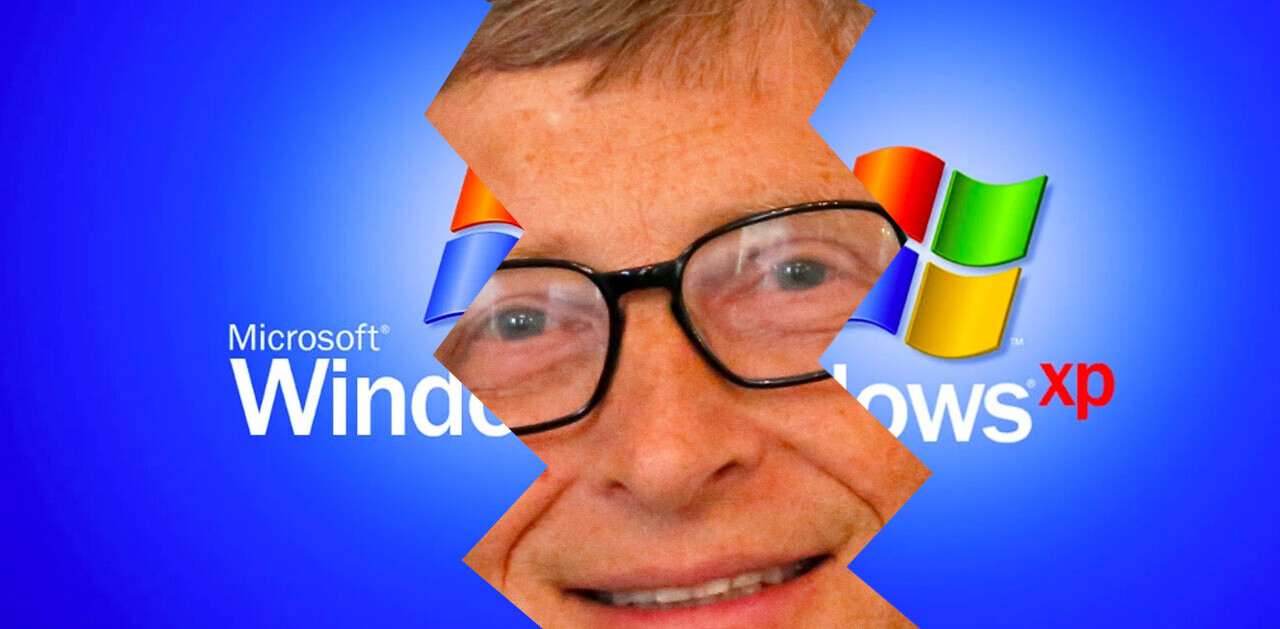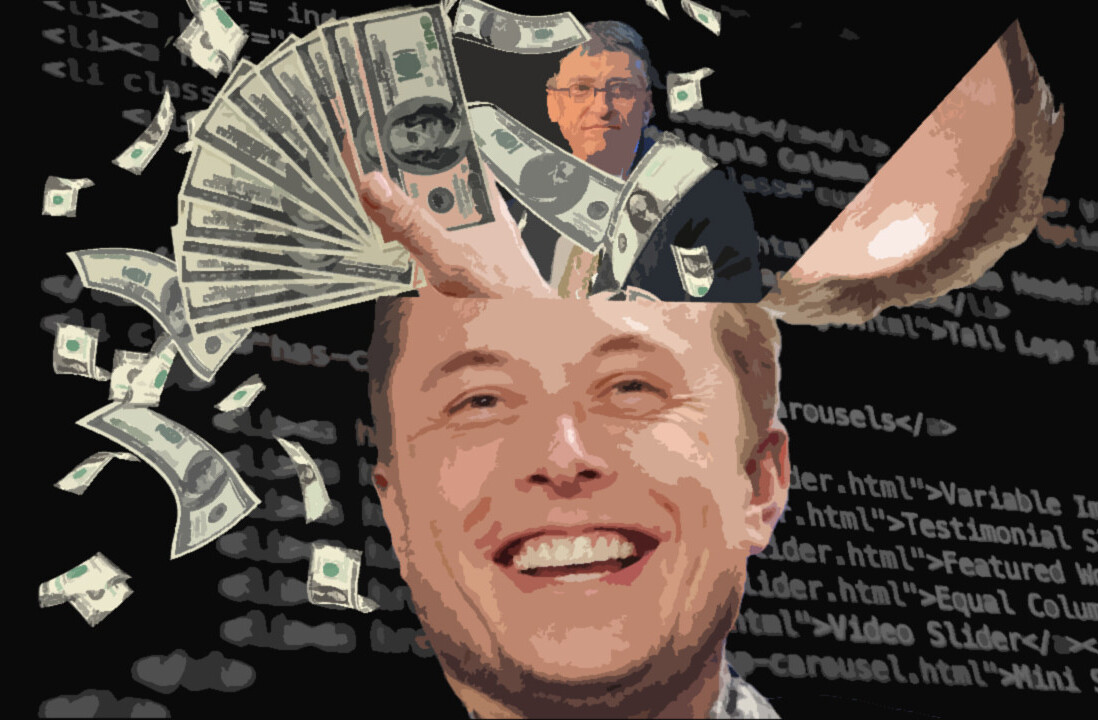
Code warriors are going to love this: ahead of the launch of the latest iteration of the Windows OS, Microsoft hosted the world’s largest coding marathon in Bangalore, India.
Beginning September 21 at 2pm on a sunny Friday, thousands of talented programmers and designers (including enthusiasts, students and professionals) settled into an 18-hour session, building apps to show off their skills and harness the power of Windows 8. The event set a Guinness World Record for the planet’s largest ever app development marathon.
A total of 2,567 developers participated in the marathon and were watchfully monitored by Guinness World Records officials over the span of the event. Armed with their own laptops running Windows 8 RTM and Visual Studio Express 2012, and grouped into teams of up to four members each, the throng of developers worked through nearly an entire day turning their ideas into downloads. App ideas were accepted in 20 categories, including Business, Education, Finance, Games, Music & Video, Productivity, Social and Sports.
The coding marathon wasn’t a race to the finish line, though — developers were encouraged to begin working on their apps before the actual event, and did not need to finish coding at the end of the allotted time to be counted as part of the record. Those who did however, had a chance to submit their apps for review to Microsoft’s App Excellence Labs on-site, in order to receive feedback and/or acceptance of their app into the Windows Store (where apps for Windows 8 will be made available).
Participants were also allowed to seek help from available mentors, IT assistants, recognized app developers and Microsoft engineers at the venue. Food and beverages were also provided to sustain the army of coders through the long session.
Notes from the press conference
Bhaskar Pramanik, Chairman, Microsoft Corporation (India), spoke at the press conference prior to the event, saying, “Windows 8 is ‘Good for India.’ In India, Microsoft is making significant investments and working with 1.2 million developers, over 1000 independent software vendors and more than 2000 system integrators to empower them with the tools, technologies and training required to develop high-end skills and compete in a global marketplace.”

Discussing the event at hand, Pramanik continued, “The Windows AppFest will encourage budding developers, technology enthusiasts and entrepreneurs to innovate on next-generation Windows technology, crucial for the development of the local software ecosystem and the long-term economic growth of India’s IT industry.”
Pramanik then invited on stage Jon DeVaan, Corporate Vice President, Windows Development, who spoke about the importance of developers to Microsoft’s success and expressed his excitement about the marathon. “India is home to some of the world’s most talented developers. We are focused on enabling developers to succeed as they build the next generation of apps. I can’t wait to see some of these apps being built at the Windows AppFest.”

He mentioned that Windows 7 is “the best release of Windows, ever” but will be the last of that generation of products from Microsoft. Windows 8, according to DeVaan, will be the first of a new generation of application platforms they will produce. He expressed pride in the interest that Windows 8 has garnered over the past year, with over 16 million downloads of pre-release versions, and over 750 independent Windows 8 developer camps in over 50 countries that have helped reach 250,000 individual developers.
Looking at a changing world, DeVaan noted that the issues of mobility, touch (as a natural and ubiquitous way of interaction with technology), connectivity, content, interpersonal communication, and home-and-enterprise convergence were of utmost importance to Microsoft when it came to building Windows 8. The adopted approach addressed these changing needs of users with a ‘beautiful, fast and fluid UI,’ the accommodation of a broad range of devices and form factors, a system for apps to work seamlessly with each other and the allowance of constant connections to files, apps and the people that users care about.
He then proceeded to demonstrate a few examples of apps taking advantage of new functionality in Windows 8, choosing local apps for this segment of his speech – ICICI Stocks (powered by one of India’s largest banks), Flyte (a music store and player app, powered by Indian online superstore Flipkart), and Makemytrip (a major player in online travel and flight bookings, and in the case of the app, travel content). Each of the apps integrated with Windows 8 in various ways, from displaying live stock quotes on the home screen, to tackling music playback functions system-wide, to demonstrating semantic zoom capabilities respectively.
DeVaan also reiterated Pramanik’s first point by saying, “Windows offers app developers state-of-the-art design and development tools, the freedom and flexibility to use a choice of programming languages including HTML/CSS, global reach to 1.3 billion users, and industry leading revenue sharing. Simply put, Windows 8 offers the most significant developer opportunity ever.”
Q&A
A brief Q&A session with Pramanik and Amrish Goyal, director of Windows Business Group, Microsoft India, followed, during which a few key points about Windows 8 and the way forward for the OS were mentioned.
First, the revenue sharing model for Windows 8 apps allows developers to keep 70% of the first $25,000 that their app generates and 80% of the rest, as well as 100% of all in-app purchase revenue. Next, the barrier for entry for developers is fairly low with the Windows 8 platform, with upgrades from Windows 7 to Windows 8 costing only Rs. 699 (~ $13) in India, and full backward compatibility with apps written for Windows 7. Plus, the opportunity for developers would be greater than ever before, with a new global reach spanning 200 countries and roughly 70 languages.
Pramanik mentioned, without giving away many details in response to a question about Windows 8-compatible hardware (such as tablets) availability, that come October 26, India would see Windows 8 presented in all its glory.

What did developers get up to?
Speaking with Pratima Amonkar, Director for Strategic Audience Marketing, Microsoft India, TNW learned that the most popular categories for developers participating in the AppFest marathon were education, games, entertainment (mostly to do with Bollywood and Cricket, two of the country’s major obsessions) and productivity. She also noted that a majority of the developers present at the event were 18-24 years of age, and that students accounted for approximately 30% of the turnout.
Amonkar also mentioned that by and large, the focus for developers at the event was on ease of adoption by users, and that they seemed more interested in getting a handle on coding for Windows 8 and gaining exposure, rather than quick monetization through their creations. She wrapped up our conversation by saying that there was a palpable interest amongst participants in developing apps that would be useful locally (such as traffic and city-specific content) but faced a great challenge in the form of a lack of usable structured data and APIs in the country, necessary for fleshing out such ideas.
Developing for Windows 8
TNW also caught up with Kunal Chourasia, a developer at Flipkart responsible for building the Flyte (music store and player) app for Windows 8, who shared his experience of building for the new platform: “It took our small team only five weeks to complete, which is less than half the time taken for developing versions for iOS and Android.” He also mentioned that Microsoft provided guidance in the form of whitepapers and code samples to help create a high quality app experience that was consistent with what users expect from Windows 8 apps.

Wrapping up
The AppFest was brought to a close at 8am, with an announcement an hour later by Paul O’Neill, VP Commercial, Guinness World Records, stating that the record for the world’s largest app development marathon had officially been set.
Eight notable apps (covering social, health and wellness, and gaming categories) were recognized at the event with awards and granted entry into the Windows Store.
O’Neill’s statement was followed by Pramanik’s, who wrapped up the event along with Jon DeVaan by addressing the participants, “I want to thank you for setting this Guinness World Record. This country needs good news, and that’s what you gave India today. What you’ve done here today proves what we’ve been saying, that we are transitioning from the era of client-server computing to the era of connected devices, and that cloud computing and continuous cloud services are a reality and that it’s not difficult to achieve. You’ve taken your ideas and turned them into apps that will soon flow into millions of devices across the globe. Thank you for your participation.”

Microsoft hopes that a much larger number of apps incubated at the AppFest will make it to the Windows Store, and perhaps a few will even be in time for the launch of Windows 8 on October 26 this year. To this end, they are providing comprehensive support to developers in India by way of a coders’ helpline of sorts, as well as extensive guidance on how to create and market apps.
The opportunity for developers is indeed huge, not only because most of India computes on Windows operating systems, but because it will open up a new avenue for the world’s second largest population of software professionals to build and sell apps for a variety of devices including desktops and tablets in both personal computing and enterprise computing spaces.
Get the TNW newsletter
Get the most important tech news in your inbox each week.







